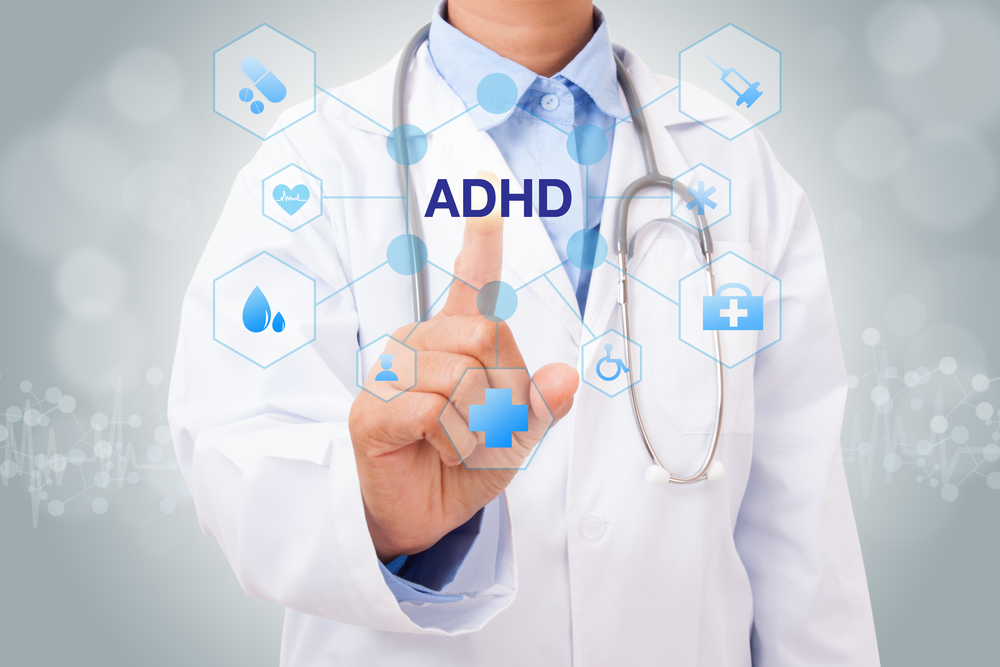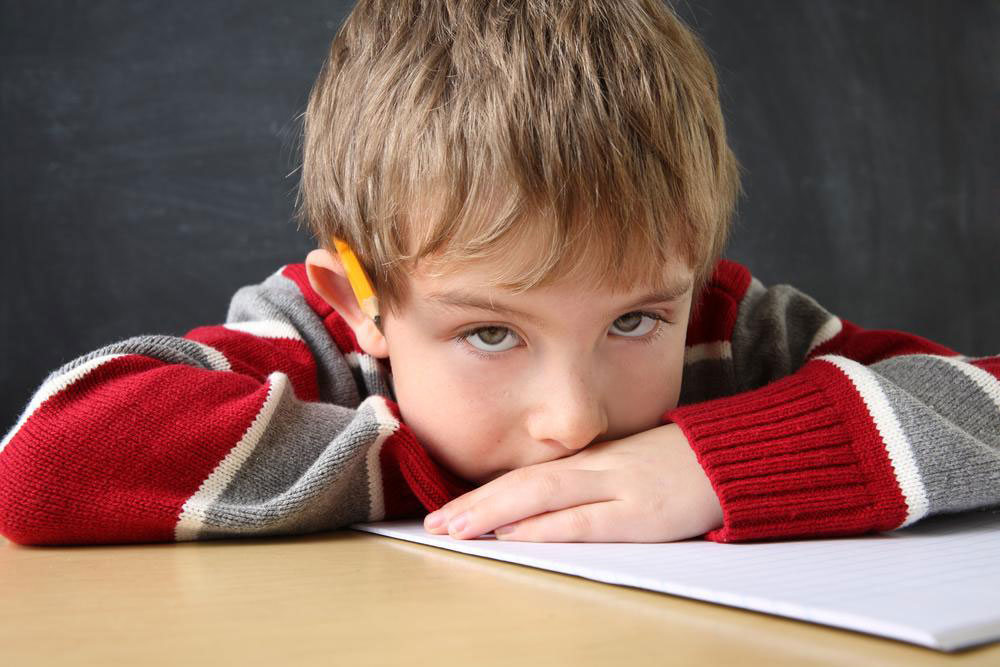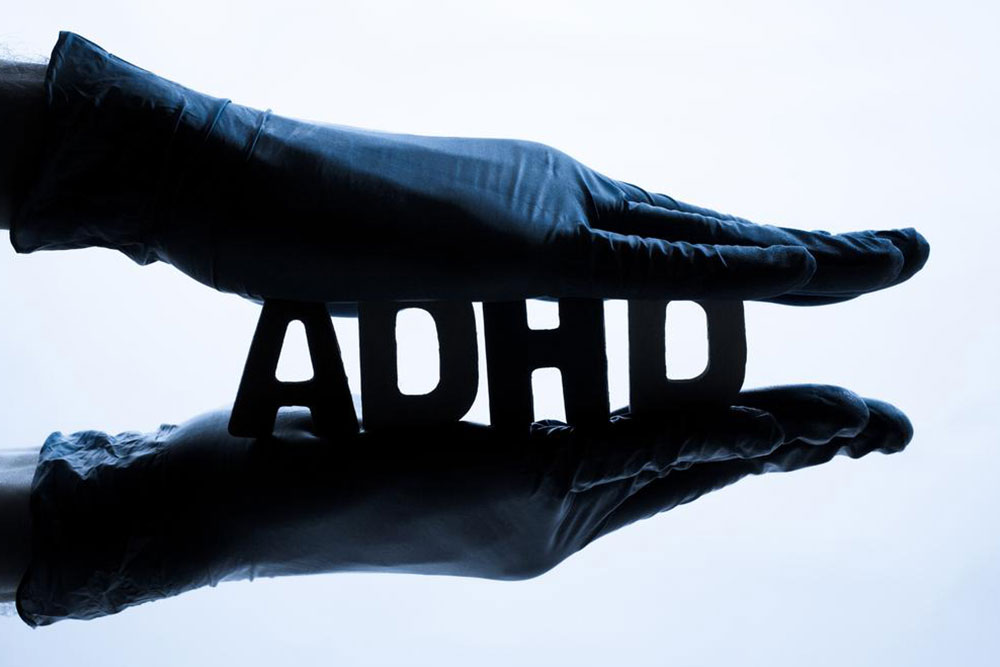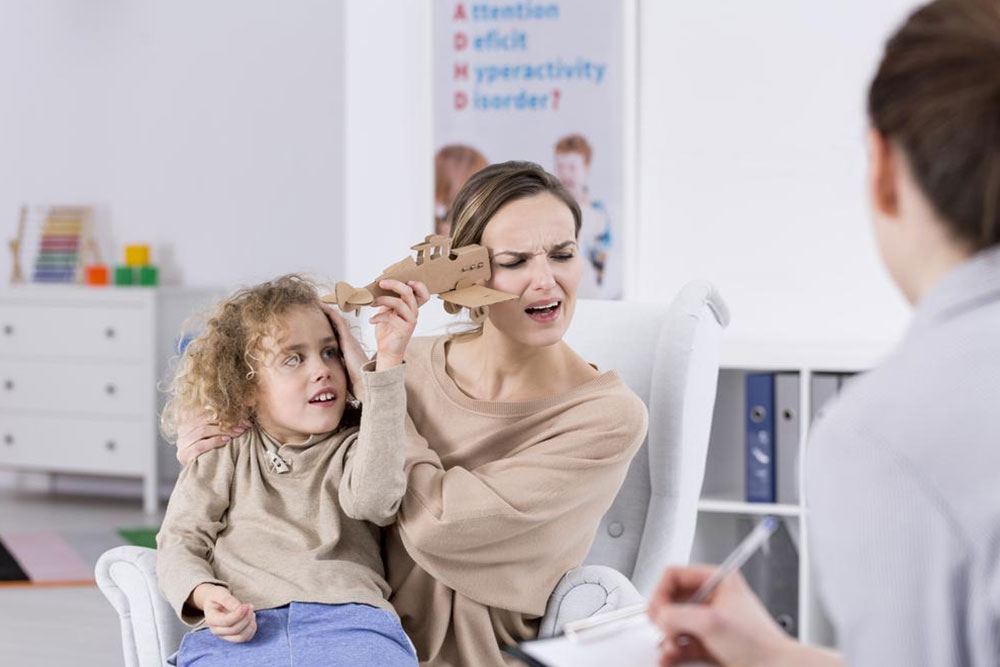Comprehensive Approaches to Managing ADD and ADHD in Children
This comprehensive guide explores effective strategies for managing ADD and ADHD in children, highlighting personalized treatments, dietary support, behavioral therapies, physical activity, and environmental adjustments to improve children's focus, behavior, and confidence.

Comprehensive Approaches to Managing ADD and ADHD in Children
Attention Deficit Disorder (ADD) and Attention Deficit Hyperactivity Disorder (ADHD) are prevalent neurodevelopmental conditions that significantly impact children's daily lives, growth, and learning capabilities. As understanding of these disorders deepens, caregivers and health professionals are exploring multifaceted management strategies aimed at improving quality of life for affected children.
ADD primarily manifests through difficulties with attention, organization, and completing mental tasks, leading to challenges in academic settings and social interactions. Children with ADD often experience low self-esteem due to their struggles with focus and task completion. Conversely, ADHD is characterized by heightened hyperactivity, impulsiveness, and restlessness. These children may exhibit excessive talking, difficulty staying seated, and impulsive decision-making, which can interfere with academic performance and social relationships. Recognizing the distinct features of each condition is essential for implementing effective treatment plans.
Management strategies for ADD and ADHD are highly personalized and typically involve a combination of medical, dietary, behavioral, and environmental interventions. Medication can be effective in controlling symptoms, but it is often complemented by natural remedies and lifestyle adjustments. For instance, dietary modifications—focused on nutrients support cognitive function—play an important role in symptom management. Ensuring balanced intakes of iron, zinc, magnesium, and omega-3 fatty acids can enhance brain health and reduce symptoms.
Behavioral therapies are essential components of treatment, focusing on developing coping skills, organizational strategies, and social behaviors. Techniques such as positive reinforcement and structured routines help children develop self-control and confidence. Physical activity, including sports, martial arts, dance, or other engaging exercises, is beneficial in promoting overall brain function and reducing hyperactivity. Regular exercise encourages the release of neurotransmitters that improve attention and focus, making it an integral part of management plans.
Sleep hygiene is another critical factor; establishing consistent bedtimes, limiting screen time before bed, and creating calming routines help ensure adequate rest. Sleep deprivation can exacerbate symptoms of ADD and ADHD, so prioritizing restful sleep is crucial. Additionally, creating an environment that minimizes distractions and promotes organization—such as designated study areas with minimal clutter—can significantly improve concentration and task completion.
Caregivers are encouraged to set realistic goals tailored to each child's abilities, celebrating small successes to foster motivation and confidence. Reward systems can reinforce positive behaviors, making daily routines more manageable and encouraging self-regulation. Educational programs and support groups offer valuable guidance and community support for families managing these conditions.
In conclusion, managing ADD and ADHD requires a holistic, individualized approach encompassing medication, natural remedies, dietary habits, behavioral therapies, physical activity, and a supportive environment. By integrating these strategies, children can better manage their symptoms, develop essential life skills, and enhance their overall well-being.





